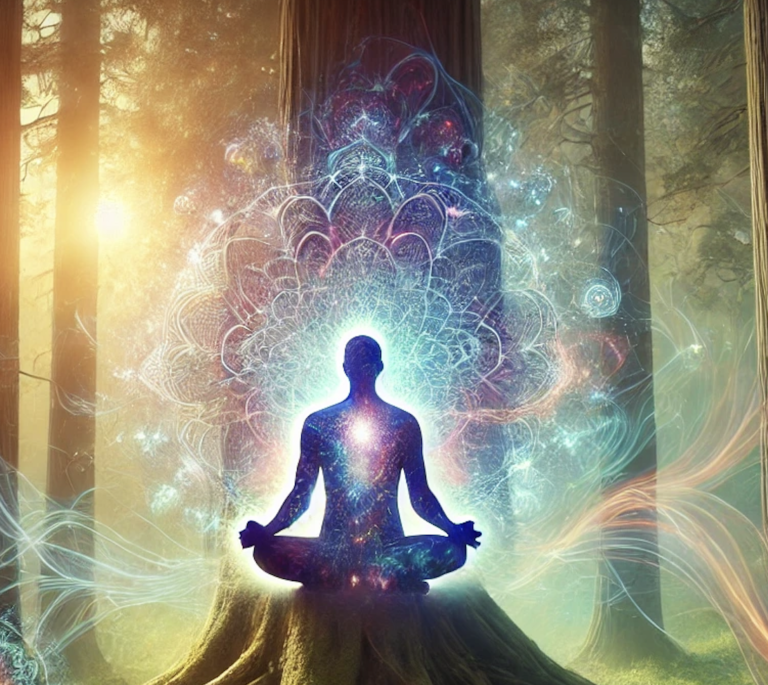Understanding the Impact of Psychedelic and Near-Death Experiences on Attitudes Towards Death
Article Title: “Comparison of Psychedelic and Near-Death or Other Non-Ordinary Experiences in Changing Attitudes About Death and Dying”
Authors: Mary M. Sweeney, Sandeep Nayak, Ethan S. Hurwitz, Lisa N. Mitchell, T. Cody Swift, Roland R. Griffiths
Publication Date: August, 2022
Background
Psychedelic drugs and near-death experiences have both been reported to alter individuals’ perceptions of death. Previous studies have shown that these experiences can significantly reduce fear of death and increase feelings of spiritual significance. However, there have been few direct comparisons of the two types of experiences. This study aims to bridge that gap by comparing psychedelic-occasioned and non-drug experiences in terms of their effects on attitudes towards death.
Study Overview
The study surveyed 3,192 participants who had undergone either a psychedelic experience (induced by LSD, psilocybin, ayahuasca, or DMT) or a near-death or other non-ordinary experience. Participants answered questions about the nature of their experience, changes in their attitudes towards death, and the persisting effects of these experiences. Statistical adjustments were made to account for demographic differences between groups.

Key Findings
Duration and Consciousness:
- Psychedelic experiences were generally longer, often lasting an hour or more, compared to non-drug experiences, which were frequently very brief.
- Non-drug experiences more often involved medical unconsciousness or being clinically dead.
Fear of Death:
- Both groups reported significant reductions in fear of death, with over 88% of participants noting a decrease.
Mystical and Near-Death Experiences:
- Participants from both groups reported high scores on measures of mystical and near-death experiences, though psychedelic experiences tended to score higher.
- Ayahuasca and DMT were associated with more profound and positive enduring consequences than psilocybin and LSD.
Personal Significance:
- Non-drug experiences were more likely to be rated as the single most meaningful experience of participants’ lives.
Discussion
The study highlights the profound and lasting impact of both psychedelic and non-drug near-death experiences on individuals’ attitudes towards death. The findings suggest that these experiences share common features, such as reducing fear of death and enhancing personal and spiritual significance. However, psychedelic experiences, especially those induced by ayahuasca and DMT, may offer stronger and more positive long-term effects.

Implications
These insights could be valuable for therapeutic applications, particularly in addressing end-of-life anxiety and depression. Psychedelic-assisted therapy might be an effective tool for helping patients come to terms with mortality and find greater meaning in their lives.
Potential Application
Psychedelic retreats and therapeutic settings could incorporate these findings to design more effective programs that leverage the unique strengths of various psychedelics. Tailoring experiences to maximise the positive impacts on attitudes towards death could enhance the overall effectiveness of these interventions.
Conclusions
This study underscores the transformative potential of both psychedelic and near-death experiences in reshaping our views on death and dying. These experiences not only reduce fear but also contribute to a deeper understanding and acceptance of death, highlighting their therapeutic promise.



